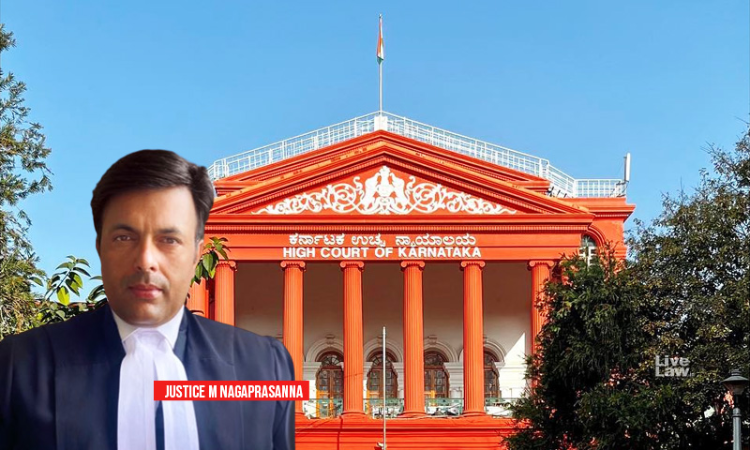The Karnataka High Court recently quashed abetment to suicide charges levelled against a man who was alleged to have caused the suicide of his friend's wife by making allegations on her character. A single judge bench of Justice M Nagaprasanna said none of the ingredients necessary to prove an offence punishable under Section 306 of IPC are made out. It observed,"For an offence to...

